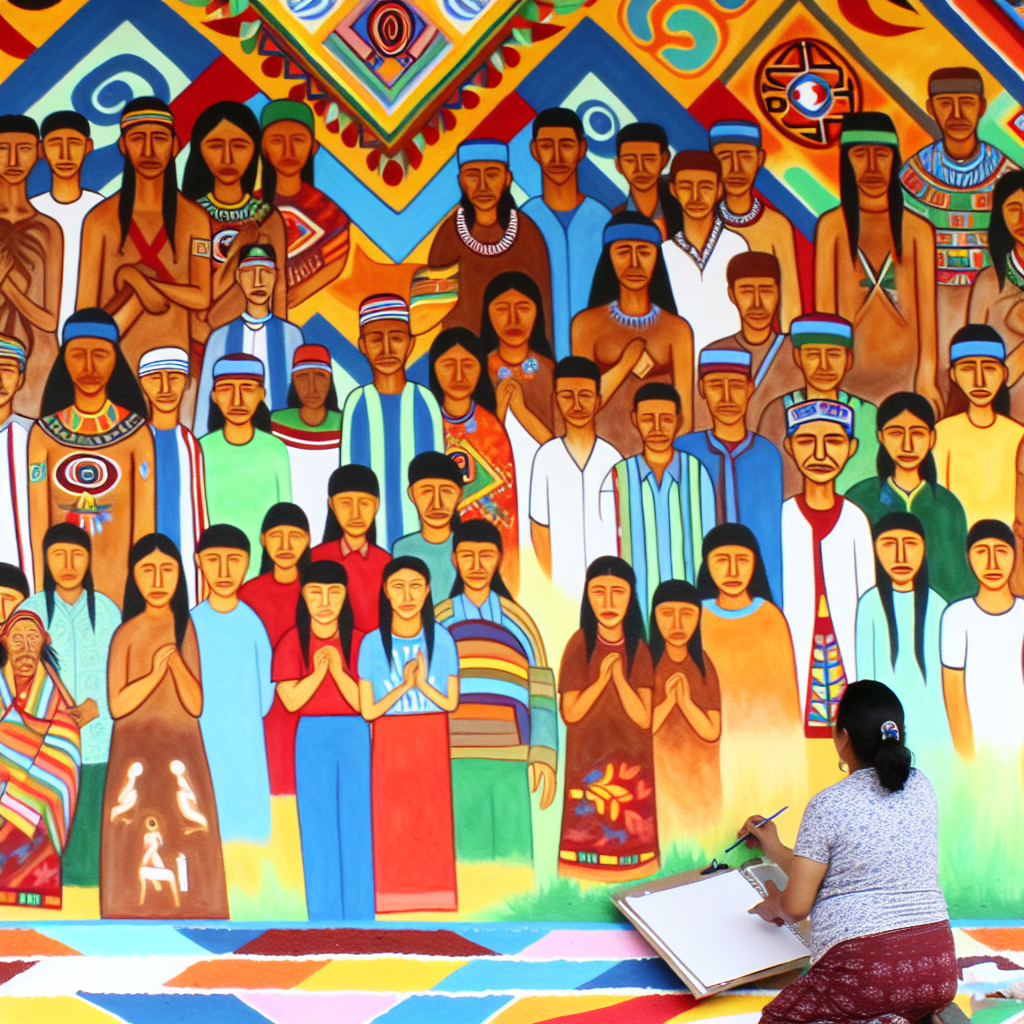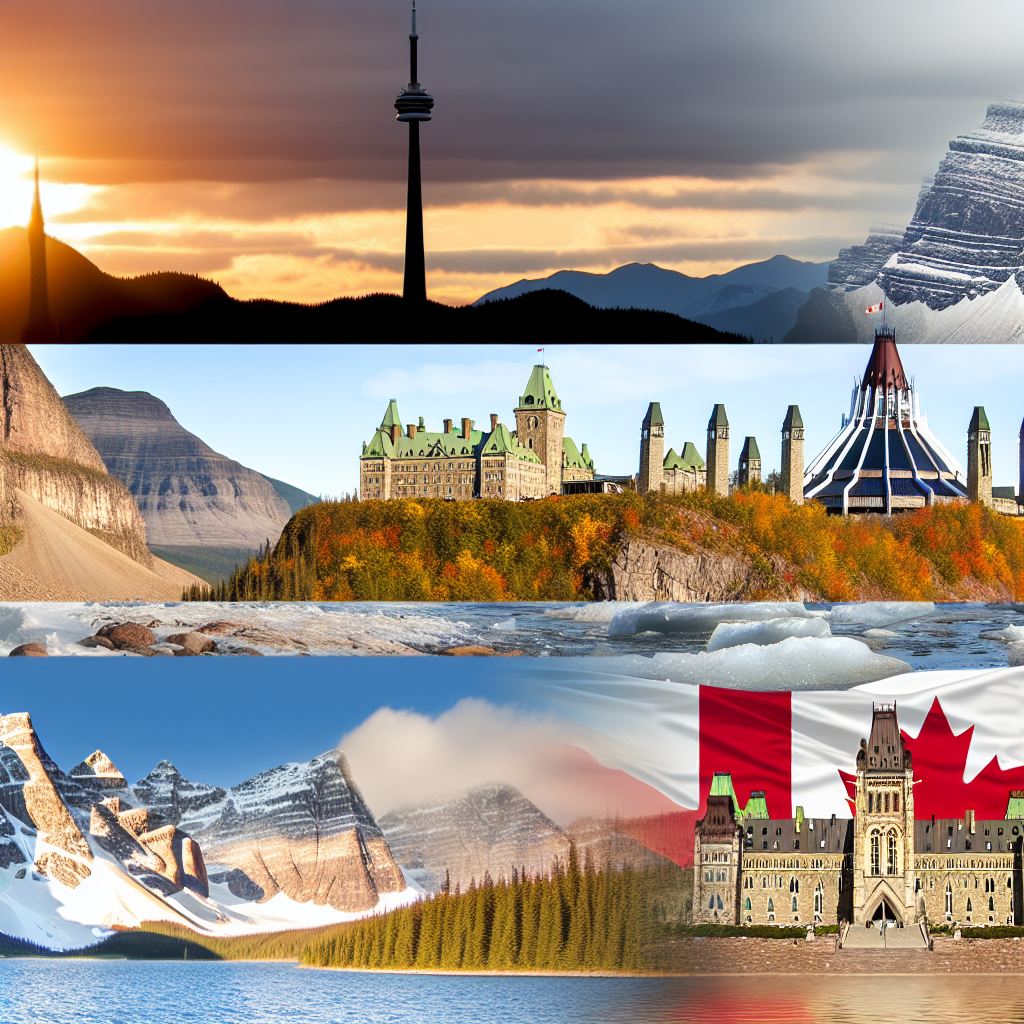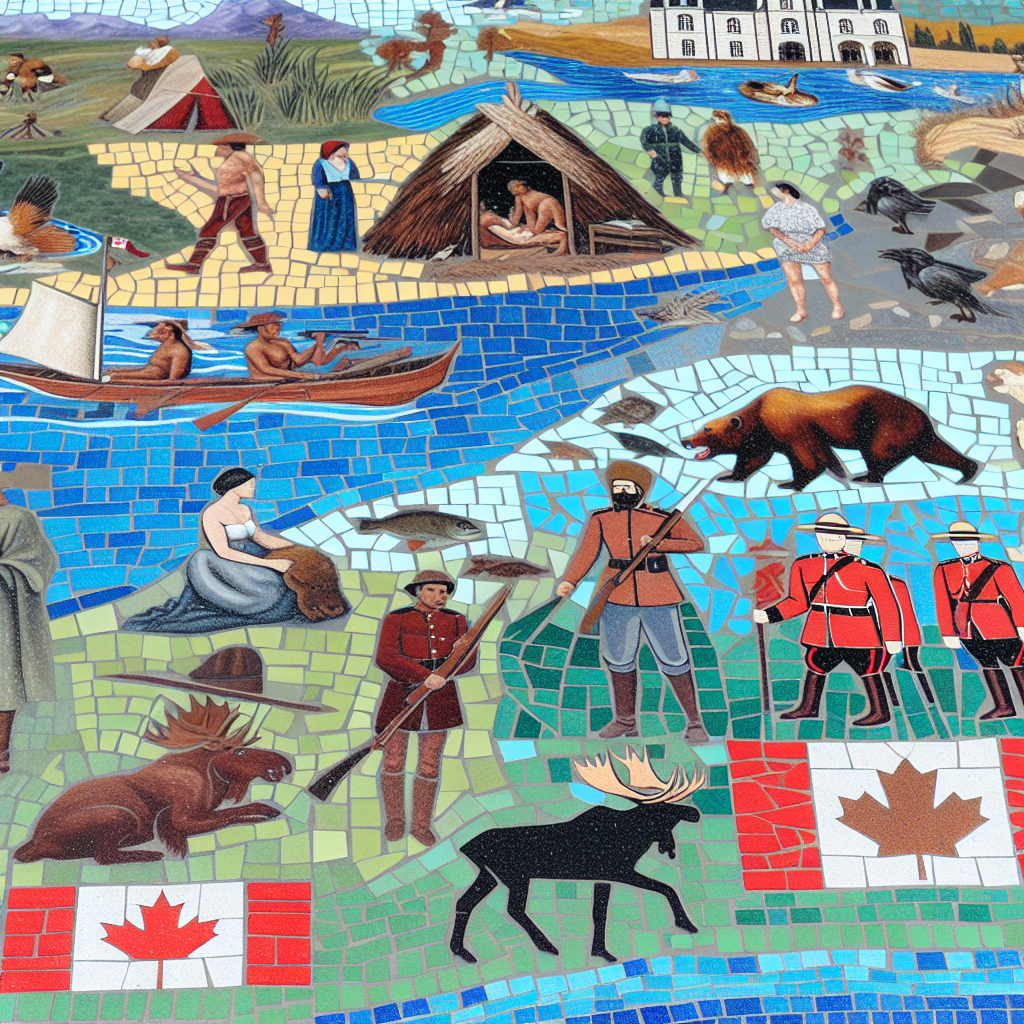The text discusses Canada's deep Indigenous roots, colonization, key historical events, and the nation's multicultural and inclusive identity. It emphasizes the importance of understanding Indigenous history, key events in Canadian history, and the nation's commitment to diversity and inclusivity.
Canada, a vast and diverse country known for its stunning natural landscapes and multicultural society, has a rich history that stretches back thousands of years. From the Indigenous peoples who first inhabited the land to the European explorers who arrived in the 15th century, Canada's history is a tapestry of diverse cultures and experiences. In this article, we will delve into the fascinating history of Canada, exploring the impact of First Nations peoples, key events in Canadian history from Confederation to present day, and how this history has shaped the nation's identity over time. Join us on a journey through Canada's past to gain a deeper understanding of the country we know today.
- 1. "Exploring Canada's Indigenous Roots: A Look at First Nations History"
- 2. "From Confederation to Present Day: Key Events in Canadian History"
- 3. "Canadian Identity Through the Ages: How History Shaped the Nation"
1. "Exploring Canada's Indigenous Roots: A Look at First Nations History"

Canada's Indigenous roots run deep, with a rich history that predates the arrival of European settlers. The First Nations people have inhabited the land now known as Canada for thousands of years, with diverse cultures, languages, and traditions that vary across the country.
Before the arrival of Europeans, First Nations people thrived through hunting, fishing, and agriculture, building sophisticated societies and engaging in trade networks with neighboring communities. They had complex social structures and spiritual beliefs that were deeply connected to the land and the environment.
However, the arrival of European settlers in the 16th century drastically changed the way of life for the First Nations people. The introduction of new diseases, the fur trade, and the imposition of colonial policies led to displacement, loss of land, and cultural assimilation. Many First Nations communities were forced onto reserves, and their traditional ways of life were disrupted.
Despite these challenges, First Nations people have persevered and continue to fight for their rights and recognition. There has been a growing movement towards reconciliation, with efforts to address the historical injustices and support Indigenous self-governance and cultural revitalization.
Exploring Canada's Indigenous roots is essential to understanding the country's history and identity. By acknowledging and honoring the contributions and resilience of First Nations people, we can work towards building a more inclusive and equitable society for all Canadians.
2. "From Confederation to Present Day: Key Events in Canadian History"

From Confederation in 1867 to the present day, Canada has experienced a number of key events that have shaped the country into what it is today. One of the most significant events in Canadian history was the completion of the Canadian Pacific Railway in 1885, which connected the east and west coasts of the country and facilitated the transportation of goods and people across the vast nation.
Another important event was Canada's participation in both World Wars, where Canadian soldiers fought alongside their allies and made significant contributions to the war efforts. The Battle of Vimy Ridge in World War I is often cited as a defining moment in Canadian history, where Canadian troops displayed exceptional courage and skill.
In the latter half of the 20th century, Canada underwent significant social and political changes, including the introduction of universal healthcare in the 1960s and the adoption of the Official Languages Act in 1969, which recognized French and English as the country's official languages.
More recently, Canada has made strides in advancing LGBTQ+ rights, with the legalization of same-sex marriage in 2005 and the passage of legislation protecting the rights of transgender individuals in 2017.
Overall, from Confederation to the present day, Canada has experienced a rich and diverse history marked by key events that have shaped the country's identity and values.
3. "Canadian Identity Through the Ages: How History Shaped the Nation"

Canada's history is rich and diverse, with influences from Indigenous peoples, European settlers, and immigrants from all corners of the globe. Throughout the ages, various events and movements have shaped the Canadian identity, making it the multicultural and inclusive nation that it is today.
One of the key factors that have shaped Canadian identity is the country's history of colonization and settlement. From the arrival of European explorers and fur traders to the establishment of British and French colonies, Canada has always been a land of diverse cultures and traditions. The interactions between Indigenous peoples and newcomers, although often fraught with conflict, have also contributed to the rich tapestry of Canadian identity.
Another important aspect of Canadian identity is the country's commitment to diversity and inclusivity. Throughout its history, Canada has welcomed immigrants from all over the world, leading to a vibrant mosaic of cultures and traditions. This commitment to multiculturalism has become a defining characteristic of Canadian identity, with the country priding itself on its openness and acceptance of people from all walks of life.
Furthermore, Canada's history of social and political movements has also played a significant role in shaping the nation's identity. From the fight for women's rights to the struggle for Indigenous rights and reconciliation, Canadians have always been at the forefront of social change and progress. These movements have helped to shape Canada into a more equitable and just society, reflecting the values of equality and fairness that are central to the Canadian identity.
In conclusion, Canadian identity has been shaped by a complex interplay of historical events, cultural influences, and social movements. From its roots in colonization and settlement to its commitment to diversity and inclusivity, Canada's history has played a crucial role in shaping the nation into the multicultural and inclusive society that it is today. Through its rich and diverse history, Canada continues to evolve and grow, embracing its past while looking towards a brighter future.
In conclusion, Canadian history is a rich tapestry of Indigenous roots, key events, and the shaping of a national identity. From the early interactions with First Nations peoples to the formation of Confederation and the struggles for independence and unity, Canada's history is a story of resilience, diversity, and progress. By understanding and acknowledging the past, we can better appreciate the present and work towards a more inclusive and equitable future for all Canadians. As we continue to explore and learn from our history, we can honor the contributions of those who came before us and strive to build a stronger and more united nation for generations to come.





